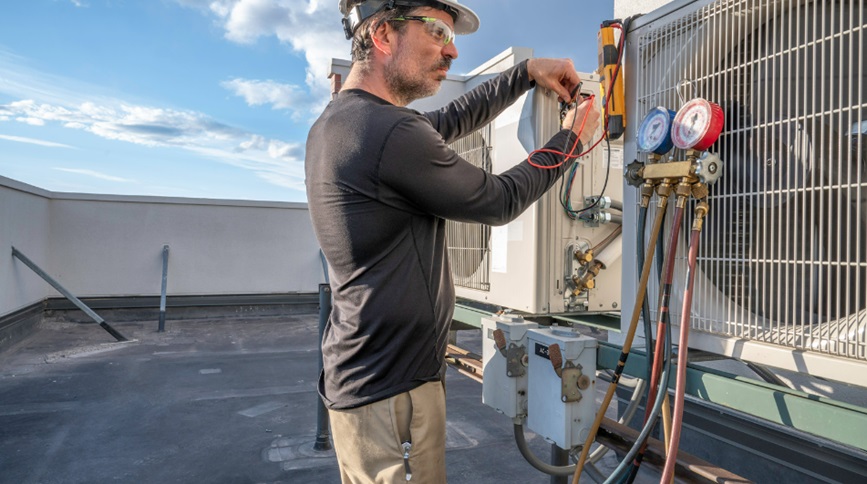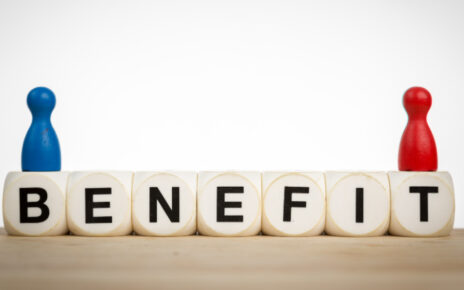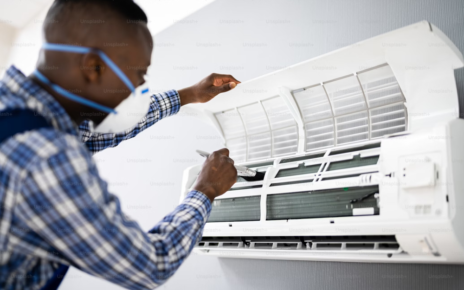Short cycling in HVAC (Heating, Ventilation, and Air Conditioning) refers to the rapid turning on and off of HVAC systems. This is a common issue that can occur in both residential and commercial buildings. If you are facing this problem, it is important to address it immediately with the help of a professional technician for HVAC in Eagan so that it does not lead to further issues and expenses. In this article, we will discuss what short cycling is, why it is a problem, and how to prevent it.
Understanding Short Cycling
Short cycling occurs when an HVAC system turns on and off frequently in short intervals instead of running for longer periods. This can happen due to various reasons, such as incorrect sizing of the unit, malfunctioning components, or incorrect thermostat settings. It can also occur if the HVAC unit is too powerful for the space it is trying to cool or heat.
Why is Short Cycling a Problem?
Short cycling not only affects the performance of your HVAC system but also has several negative consequences that can impact your comfort and finances.
1. Reduced Efficiency
When an HVAC system short cycles, it does not run long enough to reach its optimal efficiency. This means that your system will use more energy than necessary to cool or heat your space, resulting in higher utility bills.
2. Wear and Tear on Components
Frequent turning on and off of the HVAC system puts a strain on its components, leading to wear and tear. This can cause damage to the compressor, fan motor, and other critical parts of the system, resulting in costly repairs or replacements.
3. Inconsistent Temperatures
Short cycling can also lead to inconsistent temperatures in your space. The frequent turning on and off of the system does not give it enough time to distribute cool or warm air evenly, resulting in hot or cold spots.
4. Reduced Lifespan of HVAC System
The constant strain on components due to short cycling can significantly reduce the lifespan of your HVAC system. This means you will have to replace your system sooner than expected, resulting in additional expenses.
How to Prevent Short Cycling?
Preventing short cycling is crucial for maintaining the efficiency and longevity of your HVAC system. Here are some tips that can help prevent short cycling:
- Proper Sizing: Make sure your HVAC system is properly sized for your space and that you choose the right HVAC system so that it can efficiently cool or heat your space without short cycling.
- Regular Maintenance: Schedule regular maintenance for your HVAC system to ensure all components are working correctly and efficiently. This can also help catch any potential issues before they become major problems.
- Adjust Thermostat Settings: Ensure that your thermostat is set correctly for the temperature and season. Avoid setting the thermostat too low in summer or too high in winter, as this can cause the system to work harder and lead to short cycling.
- Check Air Filters: Regularly check and replace air filters as clogged filters can restrict airflow and cause the HVAC system to overwork and short cycle.
- Install a Programmable Thermostat: A programmable thermostat can help regulate the temperature more efficiently, preventing short cycling and reducing energy consumption.
In Conclusion
Short cycling is a common problem in HVAC systems that can lead to reduced efficiency, increased wear and tear on components, inconsistent temperatures, and a shorter lifespan of your system. To prevent short cycling, ensure proper sizing, regular maintenance, correct thermostat settings, clean air filters, and consider installing a programmable thermostat. If you are facing short cycling in your HVAC system, contact a professional technician for prompt repairs to avoid further issues and expenses.





